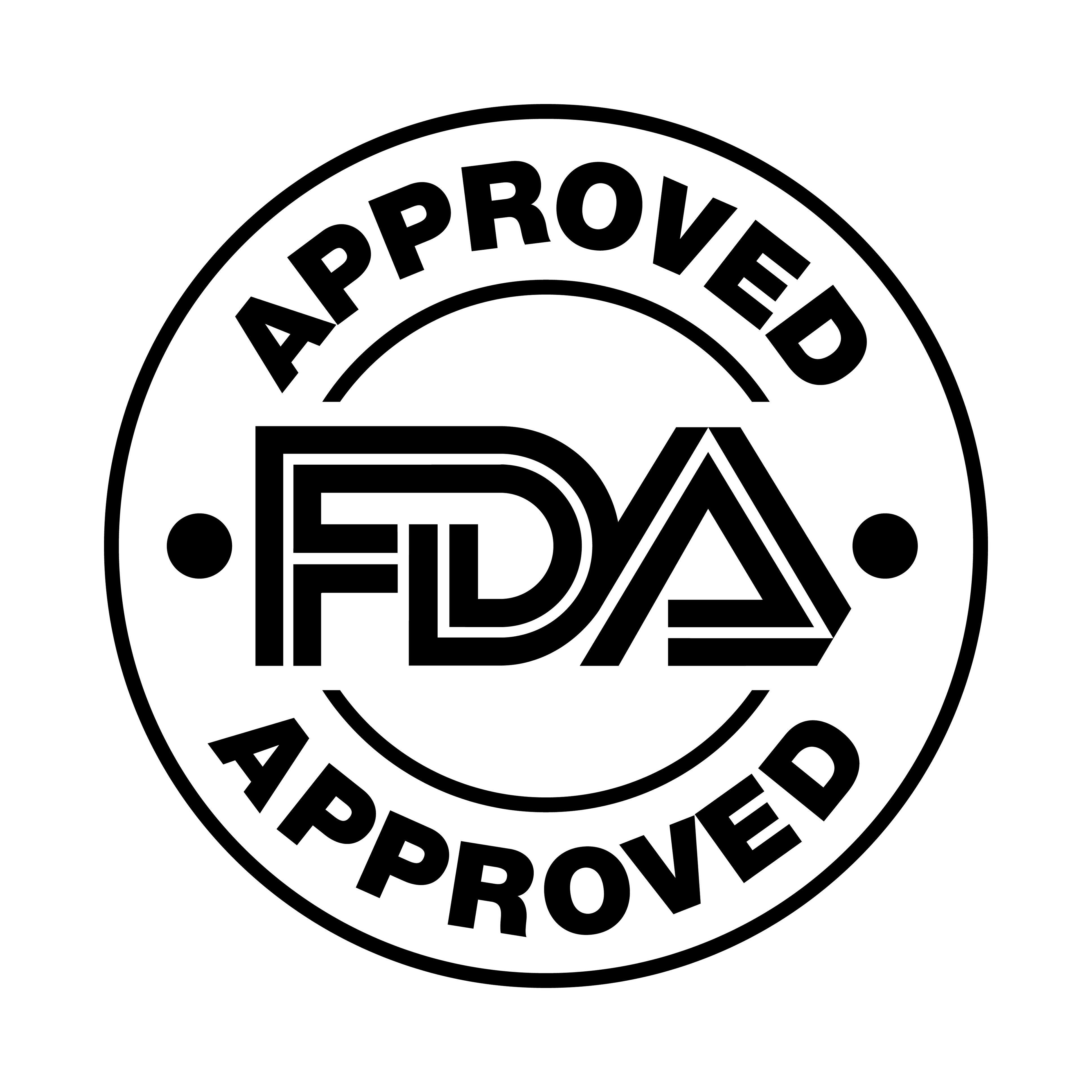FDA approves dupilumab for eosinophilic esophagitis in children aged 1 to 11 years
The approval makes dupilumab the first and only treatment specifically indicated for eosinophilic esophagitis (EoE) patients aged 1 to 11 years that weigh at least 33 lbs (15 kg).
FDA approves dupilumab for eosinophilic esophagitis in children aged 1 to 11 years | Image Credit: © Calin - © Calin - stock.adobe.com.

Dupilumab (Dupixent; Regeneron and Sanofi) has been approved by the FDA as the first treatment indicated specifically for children with eosinophilic esophagitis (EoE) aged 1 year to 11 years weighing at least 33 lbs (15 kg), according to a news release from Sanofi.1
The approval was granted under Priority Review and expands upon the initial FDA approval for EoE in patients 12 years and older weighing at least 88 lbs (40 kg).1
“This approval serves an unmet need,” said Theresa Bingemann, MD, associate professor of pediatrics and medicine, program director, Allergy and Immunology Fellowship, University of Rochester School of Medicine and Dentistry.
“This provides another option for patients that are still symptomatic on current treatments. It also adds another treatment to the armamentarium for the treatment of EoE and gives families more options to decide what treatment fits best with their goals and values. Improved treatment may reduce the feeding difficulties that are often seen in the youngest kids.”
The chronic, progressive disease is driven by type 2 inflammation that damages the esophagus, disrupting proper function. Symptoms include vomiting, heartburn, abdominal pain, trouble swallowing, food refusal, and failure to thrive, which can impact growth and development.1
“EoE in the youngest patients is associated with food refusal which can impact weight gain, nutrition, and the development of appropriate feeding,” added Bingemann. “When children are not exposed to a wide enough variety of food textures and consistencies it may lead to feeding difficulties and the need for feeding therapy.”
The approval stems from data revealed in the phase 3 EoE KIDS trial (Part A and Part B) that evaluated safety and efficacy of dupilumab in children aged 1 to 11 years with EoE.1
Of children that received higher dose dupilumab at tiered dosing regimens based on weight (n = 32), 66% achieved histological disease remission, which was the primary endpoint of the study, compared to 3% of patients that achieved remission with placebo (n = 29).1
Seventeen of 32 patients (53%) treated with dupilumab in Parts A and B of the study sustained histological remission at week 52. Remission was also achieved at week 52 for 8 of 15 children (53%) who switched to dupilumab treatment in Part B of the study.1
Additionally, at 16 weeks, “a greater decrease in the proportion of days with [1] or more signs of EoE based on Pediatric EoE Sign/Symptom Questionnaire-caregiver version (PESQ-C) was observed in children treated with [dupilumab]” compared to placebo, Sanofi stated in the press release.1
As previously reported by Contemporary Pediatrics, patients that continued dupilumab in Part B and in those who switched from placebo to dupilumab in Part B, a 4.8- and 3.6-point reduction in abnormal endoscopic findings from baseline were reported, respectively.2
Further, a 0.30- and 0.47-point numerical improvement in caregiver reported pediatric signs and symptoms (measured by PESQ-C) was observed.2
“Young children with [EoE] have significant unmet medical needs,” said Naimish Patel, MD, head of Global Development, Immunology and Inflammation, Sanofi, in a statement. “Despite existing treatment options, 40% of these children in the US under the age of 12 continue to experience symptoms of this disease. Today’s approval underscores our commitment to bringing therapies to young patients with unmet needs and also brings hope to these patients who are at a critical age where struggling to eat and maintain weight directly impacts their overall nutritional intake and development.”1
The most common adverse events (≥2%) observed more frequently with dupilumab vs placebo were injection site reactions, arthralgia, upper respiratory tract infections, and herpes viral infections. One case of helminth infection was reported in the dupilumab arm in Part B of the EoE KIDS trial.1
"Uncontrolled symptoms are hard for kids and parents alike," Bingemann said. "They have a significant negative impact on quality of life. Hopefully, having another treatment option in this age group will improve quality of life for families. Also, since the majority of patients have other atopic conditions like asthma and atopic dermatitis, secondary benefit may be seen. The other benefit, is that the side effect profile is generally favorable in this group which may also help parents feel more comfortable with this treatment option."
For more reaction and commentary regarding the approval of dupilumab, visit our sister publication HCP Live, who spoke with Evan Dellon, MD, MPH, director of the Center for Esophageal Diseases and Swallowing at the University of North Carolina Chapel Hill.
References:
- Dupixent FDA approved as first and only treatment indicated for children aged 1 year and older with eosinophilic esophagitis (EoE). Sanofi. Press release. January 25, 2024. Accessed January 25, 2024.
- Fitch, J. Dupilumab demonstrates efficacy in children with eosinophilic esophagitis for up to 1 year. Contemporary Pediatrics. November 1, 2023. Accessed January 25, 2024. https://www.contemporarypediatrics.com/view/dupilumab-demonstrates-efficacy-in-children-with-eoe-for-up-to-1-year
Newsletter
Access practical, evidence-based guidance to support better care for our youngest patients. Join our email list for the latest clinical updates.